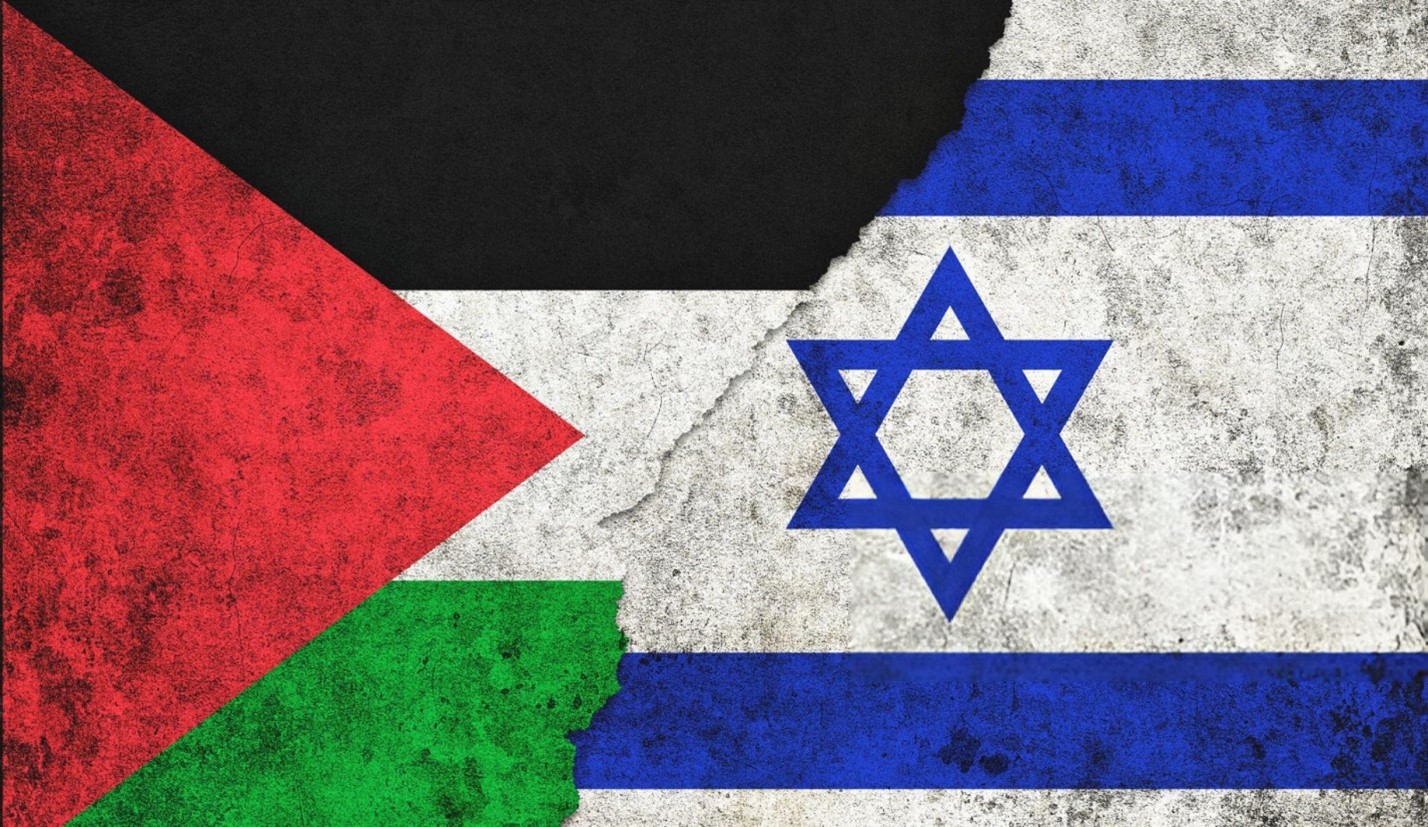Turkish President Recep Tayyip Erdogan has issued a stern warning to Israel, demanding an immediate cessation of its military operations on Syrian soil. In an address to the Turkish Parliament on Wednesday, Erdogan stated: “Israel must immediately cease its hostilities on Syrian territory; otherwise, the consequences will negatively affect everyone.” The warning comes ahead of Turkish-Syrian talks in Ankara, focusing on supporting Syria and advancing reconstruction efforts.
Erdogan’s remarks have further heightened tensions in the region, particularly as Israel continues its air strikes on Syria in the wake of the ongoing conflict. While these attacks have been largely aimed at targets connected to Iranian-backed militias in Syria, Erdogan’s statement underscored the broader geopolitical ramifications of such military actions. Turkey, a long-time player in the Syrian conflict, has reiterated its commitment to ensuring stability and preventing foreign interference in Syrian affairs.
The Turkish Ministry of Foreign Affairs facilitated the Turkish-Syrian talks on Wednesday, following the 3+3 format, which includes key representatives from both countries’ foreign ministries, defense ministries, and intelligence services. Turkish Foreign Minister Hakan Fidan met with his Syrian counterpart, Asaad Al-Shibani, alongside Defence Minister Yasar Guler and Syrian Defence Minister Marhaf Abu Qasra. Intelligence chiefs Ibrahim Kalin and Anas Khattab also attended the discussions.
Key topics of discussion
According to Turkish sources, the talks primarily centred on the ongoing situation in Syria, particularly concerning the Kurdish People’s Protection Units (YPG), a Kurdish militia that is part of the Syrian Democratic Forces (SDF). The YPG has long been a point of contention between Ankara and its allies, particularly due to its links with the PKK (Kurdistan Workers’ Party), which Turkey designates as a terrorist organization.
The discussions also covered escalating clashes between the SDF and Turkish-backed Syrian National Army (SNA) factions in the east of Aleppo, where territorial control has shifted in recent months. The Turkish government has emphasized the necessity of disarming the YPG, expelling foreign fighters, and integrating Syrian fighters into a unified national army under the authority of Damascus.
Another critical topic addressed was the “voluntary and safe return” of Syrian refugees, as well as efforts to lift the international sanctions imposed on the Syrian government. Ankara has expressed strong support for the Syrian administration, pledging cooperation to facilitate a smooth transition phase and restore peace and stability to the country.
Security and counterterrorism cooperation
Turkey and Syria also agreed to explore closer cooperation in several key areas, including security, counterterrorism, energy, and reconstruction. Turkey has long been involved in counterterrorism efforts in Syria, particularly in its operations against the YPG and ISIS. The two countries are expected to work together more closely to combat terrorist organizations in the region, while also pursuing energy projects to rebuild Syria’s infrastructure.
Erdogan’s speech further reinforced Turkey’s position on Syrian sovereignty, with the Turkish leader declaring, “We will not allow any form of chaos in Syria, nor will we permit seeds of discord to be sown between us and the Syrian people.” He added that Turkey would work alongside Syria to crush ISIS, the YPG, and other terrorist factions operating in the region.
Escalating clashes between SDF and Turkish-backed forces
Amid the diplomatic efforts, military tensions continue to simmer. Turkish forces carried out drone strikes and artillery shelling on Wednesday, killing five SDF fighters in the Seri Tel axis near the Tishrin Dam in eastern Aleppo. Over the past two days, Turkish-backed factions have also suffered casualties, with 13 fighters killed in clashes with the SDF.
The fighting has been ongoing for over two months, with Turkey-backed Syrian forces taking control of strategic areas such as Tell Rifaat and Manbij. However, they face fierce resistance from the SDF, particularly in their attempts to breach the Tishrin Dam axis. The clashes have yet to shift territorial control but have caused significant casualties on both sides.
US-SDF cooperation intensifies
Meanwhile, the US-led international coalition against ISIS has increased its military activity in northern Syria. On Tuesday and Wednesday, US forces conducted joint military drills with the SDF at the Qasrak base in the western countryside of Al-Hasakah. The exercises involved live ammunition and artillery shells, aimed at enhancing coordination between the SDF and the coalition forces to counter any potential threats from ISIS and other extremist groups in the region.
As Turkey continues to exert pressure on its southern neighbour, the international community is closely watching developments. The Rafah border crossing between Egypt and Gaza, which has seen significant diplomatic activity recently, could play a pivotal role in the broader Middle East geopolitics. With both military and diplomatic channels active, Turkey’s warning to Israel and its commitment to resolving the Syrian conflict through strategic partnerships highlight Ankara’s ongoing influence in shaping the region’s future.







